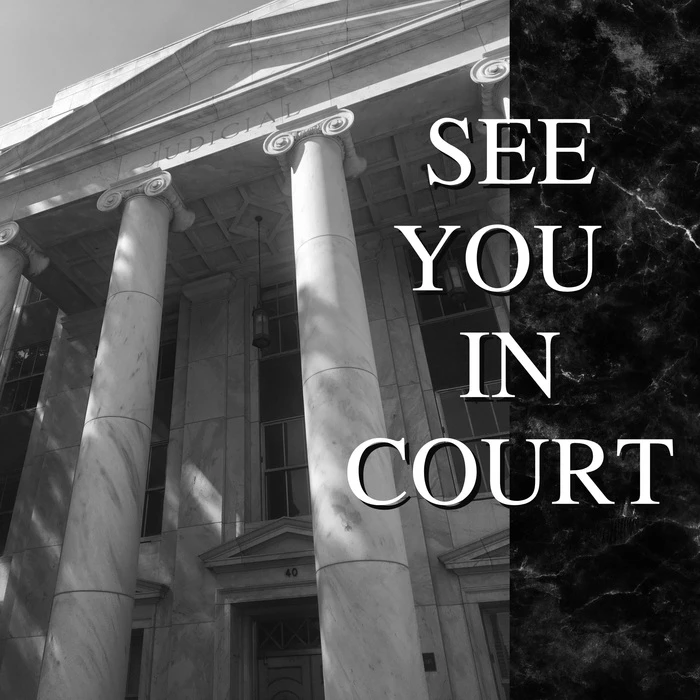Is It Squatting or a Rental Scam? How Fake Leases Are Used to Steal Homes
Squatting has long been a concern for homeowners, but a growing issue in Georgia involves rental scams that enable squatters to occupy homes under fraudulent leases. In many cases, squatters aren’t just trespassing—they claim to be legitimate tenants, making it difficult for law enforcement and homeowners to remove them quickly. Understanding how fake leases are used in squatting cases can help shed light on why this issue has become a legal nightmare.
How Rental Scams Work
The line between squatting and rental fraud has become increasingly blurred, especially in metro Atlanta, where fraudulent leasing agreements have been at the center of many squatter cases. Here’s how these scams typically unfold:
- Fake Landlords Post Online Listings
- Scammers create fraudulent property listings on platforms like Craigslist, Facebook Marketplace, or even legitimate rental sites.
- They often target vacant homes for sale or rental properties that are publicly listed.
- Scammers Collect Deposits from Unknowing Tenants
- Fake landlords communicate with potential renters and convince them to sign a lease and pay a deposit—sometimes thousands of dollars.
- In many cases, these fake leases look legitimate and contain fabricated signatures or stolen property management company logos.
- Squatters Move In with Fake Leases
- Once inside the home, the “tenant” (often a squatter or someone unknowingly scammed) presents the fake lease to law enforcement when questioned.
- Law enforcement, following protocol, may deem it a civil dispute rather than a criminal trespassing case, requiring the homeowner to go through a lengthy court process.
- Legal Battles Delay Evictions
- Property owners then face months of legal proceedings while the squatter remains in the home rent-free.
- Some cases have involved squatters demanding thousands of dollars from homeowners to leave voluntarily, further complicating the issue.
Why Law Enforcement Struggles to Intervene
One of the biggest challenges in these cases is that many law enforcement officers are trained to treat landlord-tenant disputes as civil matters, not criminal offenses. When a squatter produces a lease—real or fake—officers often decline to remove them. This forces property owners to file formal eviction proceedings, which can take months or even years to resolve.
Additionally:
- Many fake leases appear legitimate at first glance, requiring deeper investigation.
- Scammers often use stolen identities to make detection more difficult.
- Even if a lease is proven fake, the eviction process can still take weeks, depending on the county’s court backlog.
The Georgia Squatter Reform Act and Fake Leases
In response to this growing problem, the Georgia Squatter Reform Act (2024) introduced reforms aimed at tackling fraudulent leasing scams and enabling faster removal of squatters. Key provisions include:
- A three-day deadline for squatters to provide valid documentation proving their tenancy.
- Criminal penalties for those caught forging or using fake leases.
- A faster eviction process through magistrate courts rather than superior courts.
While the new law has improved the situation, enforcement remains inconsistent across different counties. Some law enforcement agencies are more proactive, while others still hesitate to act against squatters claiming to be tenants.
What’s Next? Addressing Rental Fraud and Squatting in Georgia
As the legal landscape evolves, further efforts may be needed to:
- Improve law enforcement training on distinguishing between legitimate tenants and fraudulent squatters.
- Enhance verification processes for leases presented in squatting cases.
- Increase public awareness to prevent renters from falling victim to scams.
Want to Learn More?
For a deep dive into how fake leases contribute to squatting and what’s being done about it, listen to our latest episode of See You In Court, where we discuss this issue with real estate attorney David Metzger.
👉 Listen now at: seeyouincourtpodcast.org
👉 Subscribe for more discussions on Georgia’s civil justice system!
Please note: The information provided on this website and within our blog posts and YouTube channel is intended solely for educational and informational purposes as a public service by the Georgia Civil Justice Foundation.
Legal issues can be complex and individualized. If you are seeking legal advice, please contact a licensed attorney in your jurisdiction who can provide legal guidance that suits your particular situation.





